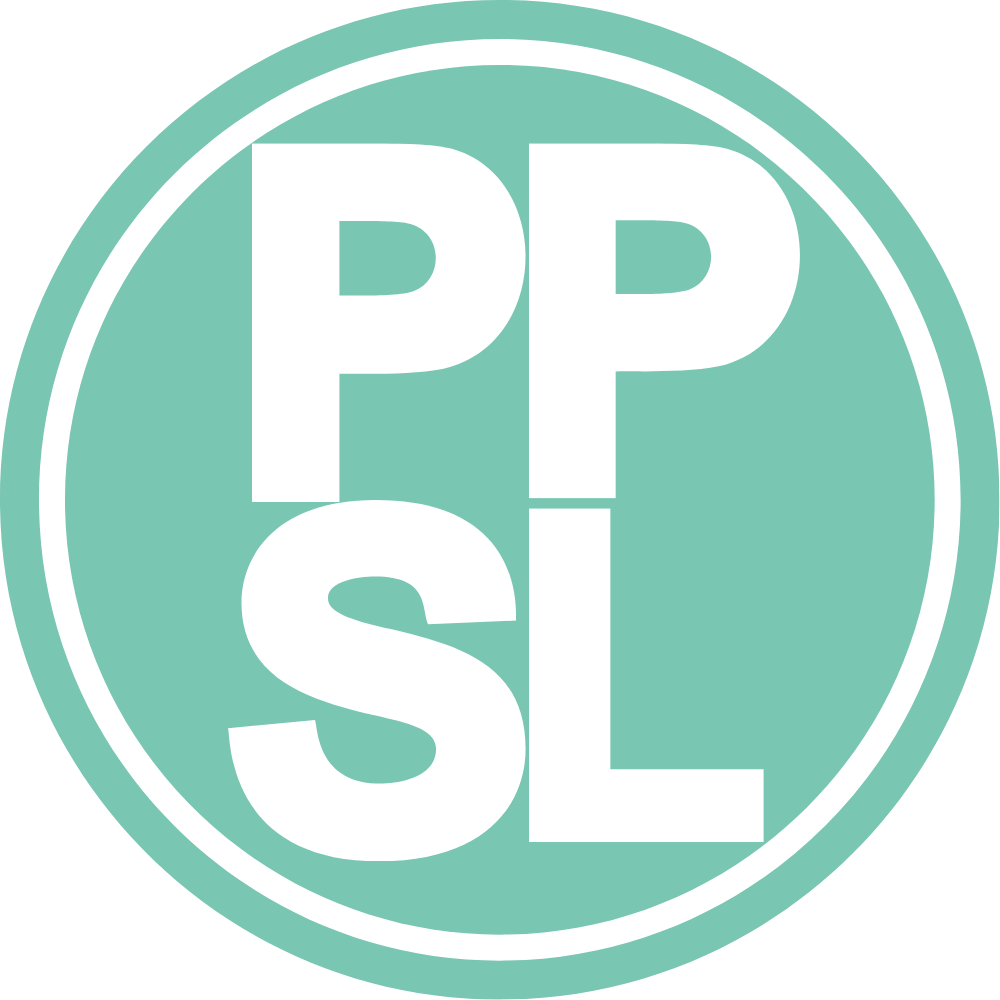- Corinthian Colleges told prospective students that its programs had job placement rates ranging from 70 to 99 percent, when the actual rates were between 20 and 30 percent.
- A labor economist found that students earned less after attending Corinthian-owned schools in Massachusetts than those with only a high school education.
- For-profit colleges spend more money on marketing and recruiting than on the actual instruction of their students.
- At ITT Tech, nursing students were given “hands-on training” in the form of YouTube videos. For every dollar that ITT spent on student instruction, it spent twice that amount on corporate profit.
More than $30 billion in taxpayer money goes to this industry each year in the form of federal student loans. And because of the companies’ low-quality education and fraudulent behavior, for-profit college students have astronomically high loan default rates. Students who attend for-profit colleges are twice as likely to default on loans as those who borrow to attend a non-profit college.Despite this reprehensible behavior, the Department has gone out of its way to side with the predatory for-profit college industry, and against students and taxpayers.For instance, this month, the Department chose to flout a court order and further delay a decision to cancel the student loans of Sarah Dieffenbacher, a mother of four who was defrauded by Everest College. The federal court has characterized the Department’s behavior in this case as “frivolous and in bad faith.”In July, the Department chose to delay the implementation of critical new rules that would protect students and level the playing field for those seeking loan relief. These duly promulgated rules would have gone into effect on July 1 under the normal course. Instead, the Department took the extraordinary step of delaying these new protections and tilting the playing field back toward for-profit colleges. The Project sued the Department over these actions.Established in 2012, the Project on Predatory Student Lending is the first legal services practice in the country focused solely on representing former students of the for-profit college industry. Its mission is to litigate to make it legally and financially impossible for the predatory for-profit college industry to cheat students, and to relieve borrowers from fraudulent student loan debt.The Project has brought a wide variety of cases on behalf of former students of for-profit colleges. It has sued the federal Department of Education for its failures to meet its legal obligation to police this industry and stop the perpetration and collection of fraudulent student loan debt. It has also brought its clients’ experiences to bear federal and state policymaking.
